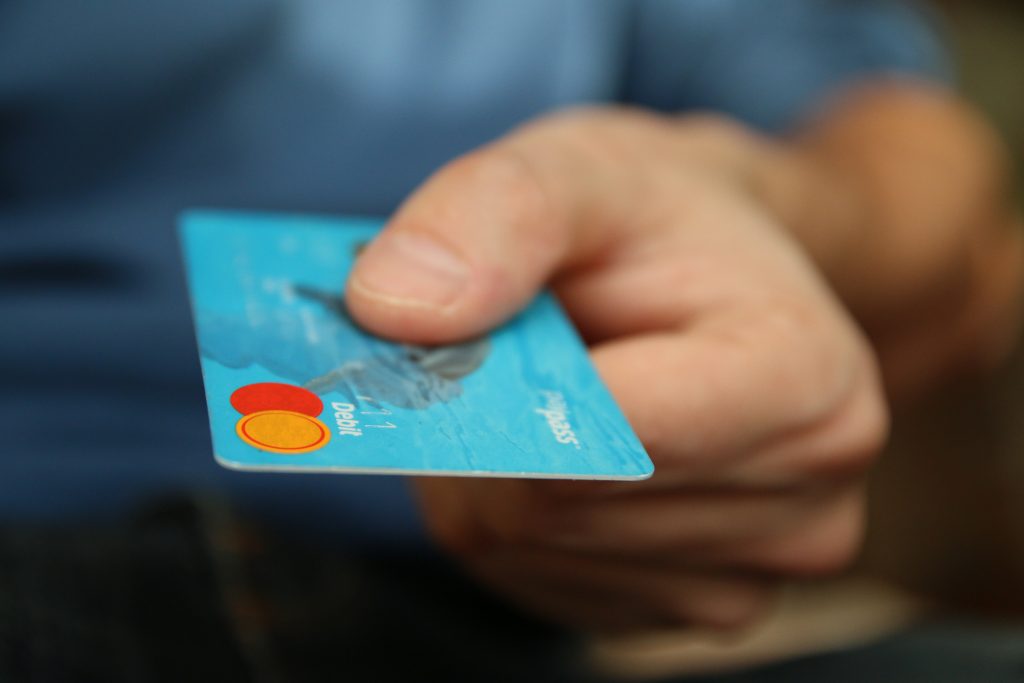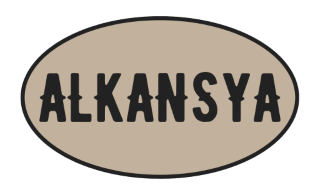As children, we learn to think of money in terms of cash: pieces of metal and paper that we can carry around in our pockets and pay for things. This tangible idea of money expands once most people open a bank account and receive their first piece of plastic, which today is usually an ATM card that also doubles as a debit card. Debit cards let you make cashless purchases, shop online, and access the money in your bank account.
But cash and debit cards are bad ways to pay for things. They lack security features and purchase protection and give merchants direct access to your money. Credit cards are a better, safer, and smarter way to pay.
Unlike cash and debit cards, which involve paying for something with money right now, paying with a credit card means the credit card issuer, usually a bank, pays for your purchase, with you receiving a bill for all your charges later. Credit cards help insulate your money by putting a layer of protection between your money and your purchases.

Credit cards are safer.
When you pay with a credit card, the card issuer pays for you, and you pay them back later. At no point in a credit card transaction are your own funds exposed. But when you pay a merchant with a debit card, you’re paying directly out of your deposits, giving them access to your bank account. A compromised credit card will let someone rack up charges on your bill, but a compromised debit card gives criminals direct access to your money.
Let’s say your card gets skimmed, and someone makes a bunch of unauthorized charges. What happens next? You call the bank to notify them of the fraudulent transaction. What happens next?
With a credit card, once you call the bank, they’ll cancel your card and send you a new one. While the charges are being disputed, your own money is safe in your bank account. If the bank finds that the charges were indeed unauthorized and reverses them, you won’t have to pay for them.
But if the charges are to a debit card, that means the payment for any transactions made gets taken straight out of your bank balance, directly out of your money. Even if the transactions eventually get reversed, getting your money back could take weeks or even months. It doesn’t matter if you still need to pay your bills, pay rent, or eat; your money is gone until (and if) the bank decides to reverse the transactions.

While a compromised card is always a headache for both credit and debit cards, losing access to your own money is a much larger inconvenience than temporarily losing access to a portion of your credit limit.
When it comes to unauthorized purchases, cash is even worse than debit cards. Cash is fungible, anonymous, and untraceable. If you lose your wallet, you can cancel your cards, and the bank will replace them. If you lose cash, it’s as good as gone.
Paying with cash doesn’t build credit.
One of life’s ironies is that to prove you’re trustworthy enough to lend money to, you first have to borrow money. If you ever apply for a loan someday, lenders are going to take a look at your credit history, which reflects how you’ve handled borrowing money in the past.
A history of responsible credit card use helps build a good credit score. Good credit scores can determine whether or not you get approved for a loan, and can help you get better interest rates when you do. Paying with debit cards and cash, on the other hand, does not build credit.

In countries with low credit card adoption rates, like the Philippines, some companies are adopting alternative ways to gauge creditworthiness, like utility bill payment history, or having a postpaid phone plan. However, these are meant only as an alternative way to score customers who have no credit history. For big loans, like a mortgage, aside from your income, lenders will always assess you based on your actual credit history.
Paying with cash means you’re subsidizing credit card users’ purchases.
Take a walk down a department store aisle and grab any particular item. Take a look at its price tag. Let’s say it costs ₱1000. If you walked down to the cashier right now and paid for it, it doesn’t matter what you use to pay for it; cash, debit card, or credit card, it’ll cost you ₱1,000.
But merchants pay banks a processing fee for credit card purchases, right? Processors charge fees as high as 5% when someone pays with a credit card. Who is paying for that? While technically the merchants do, the truth is that merchants will always factor transaction fees into their prices. When their fees go up, their prices go up as well. Since everyone pays the same price, that means cash-paying customers are helping shoulder card transaction fees, even if they never use cards.
Still not convinced? Credit cards earn rewards or straight-up cash rebates. The customer behind you, buying the exact same item, is paying with a 1% cashback card. From his ₱1,000 purchase, he gets a 1 percent cash rebate, or ₱10. The lady who came before you earned a 5% cash rebate on her purchase because her bank has an ongoing promotion. Her purchase also earns her points that she can redeem for rewards later.
Who is paying for these? That’s right, you are.

A few pesos here and there might not seem like a lot, but if you use a credit card to pay for everything, they certainly add up. Simply paying with a 1% cash back credit card to pay for ₱30,000php worth of expenses a month, or ₱360,000 a year, means ₱3,600 cashback, tax-free. And all for paying for things that you would have bought anyway.
Being good with money means knowing how to use its tools.
Credit cards are a tool, and like most tools using them carries its own set of risks. Access to money you don’t have makes it easier to overspend or go into debt. Any rewards or benefits you might have gained from using a credit card will quickly be obliterated if you carry a balance, incurring interest or finance charges.
There’s also the risk of buying things that you otherwise wouldn’t have. Studies show that credit card use may “rewire” the brain, making people more likely to spend more when paying with a credit card versus cash. If you’re bad with impulse control, have a history of getting into debt, or consider yourself “bad with money” in general, a credit card may not be for you.
But if you’re responsible enough to use them, the benefits of credit cards far outweigh the cons. They can help you keep your money safe, pay more conveniently, and earn rewards and cash rebates. Unless you have a really good reason, you’d be a sucker not to use one.
When you get sign up for a Citibank Credit Cash Back Mastercard, you can get rewards like:
- FREE ₱5,000 WELCOME GIFT*
- Up to 6% rebate on your supermarket expenses
- Up to 2% rebate on your Meralco bills
- 0.20% rebate on all other purchases.
* Welcome gift is valid for new Citi credit cardholders only. Please check full Terms and Conditions for more details.
